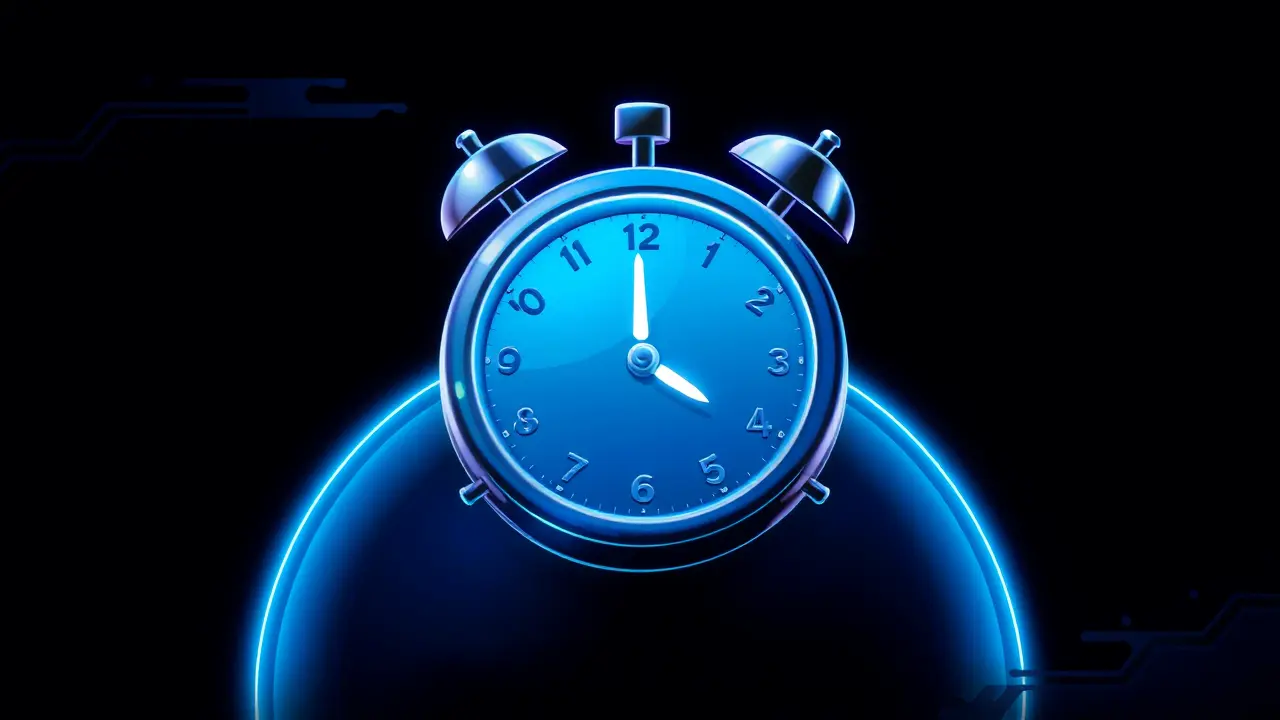
Financefintech & paymentsDigital Wallets
Mozilla shuts down Pocket, download saved articles by November 12.
AN
Andrew Blake
7 hours ago7 min read
The digital clock is ticking down with a finality that should jolt even the most dedicated procrastinator into action. Mozilla, the organization behind the Firefox browser, has issued what appears to be the last extension for its Pocket service, setting a hard deadline of November 12, 2025, for users to download their personally curated archives of saved articles before the platform vanishes into the ether.This isn't just another app sunset; it's the closure of a digital public square for thought, a personal library that many of us have spent years, if not a decade, meticulously building. For those of us who treat the internet as a vast, chaotic library, Pocket was the serene reading room—a place to stash long-form journalism, obscure recipes, technical tutorials, and that one fascinating article about the history of concrete you fully intended to read.The initial announcement sent ripples through communities of researchers, writers, and casual readers alike, prompting a familiar digital-age scramble. The repeated deadline extensions from Mozilla have been a curious act of corporate mercy, or perhaps a reflection of the sheer volume of user data that needs to be migrated, giving everyone a few more chances to avoid the heartbreak of digital loss.This move is part of a broader, more sobering trend in the tech landscape where beloved, utility-focused services are being consolidated or shuttered as companies like Mozilla refine their strategic priorities towards core products like the Firefox browser and their growing suite of privacy-focused tools. The demise of Pocket raises poignant questions about the impermanence of our digital lives.We entrust our intellectual curiosities, our professional research, and our personal interests to these third-party platforms, operating on the implicit faith that they will remain, static and accessible. The shutdown is a stark reminder that nothing in the cloud is permanent; it's a lesson in digital asset ownership that echoes the closures of services like Google Reader or Delicious.For the proactive, the process involves exporting data into common formats like HTML or PDF, creating a tangible, offline backup—a modern-day act of preservation not unlike transferring precious family photos from a decaying album to a acid-free box. The alternative, for the countless articles saved as mere links, is a future filled with broken URLs and the dreaded '404 Not Found' error, a digital graveyard for ideas and information.This event forces a moment of collective introspection about how we manage knowledge in the 21st century. Will we simply migrate to the next promising read-it-later app, like Instapaper or Matter, and begin the cycle anew? Or does the end of Pocket signal a need for a more decentralized, user-controlled approach to data, perhaps leveraging open-source protocols or self-hosted solutions that can't be unplugged by a corporate decision? As November 2025 approaches, the action required is simple: log in, click export, and secure your personal corner of the internet. But the implications are profound, challenging our passive consumption of digital services and reminding us that in the end, the only archive we can truly rely on is the one we maintain ourselves.
#Mozilla
#Pocket
#shutdown
#article saving
#digital tools
#featured
Stay Informed. Act Smarter.
Get weekly highlights, major headlines, and expert insights — then put your knowledge to work in our live prediction markets.
© 2025 Outpoll Service LTD. All rights reserved.